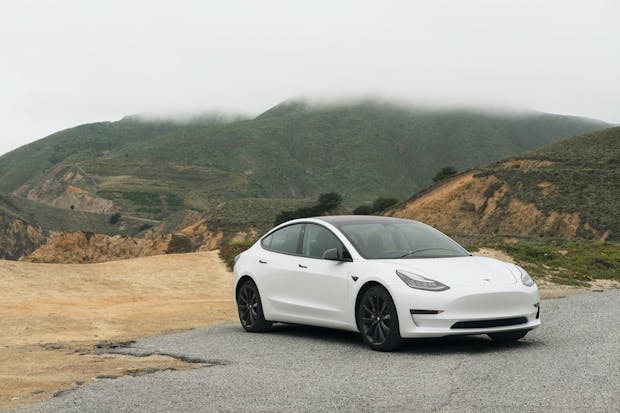Are we ready for EVs in India?

Are we ready for EVs in India?
during pandemic-enforced lockdowns, most major auto companies announced plans to introduce electric variants to their typically internal combustion engines. everyone got into the act. the CEO of Harley Davidson said, “the future will be electrified also in motorcycling”. General Motors said it will phase out internal combustion engines by 2035 completely. Toyota, Volkswagen and Honda are already active in the EV space.
in India, reports suggest Tata Motors is in the market to raise $2.5 billion for its electric vehicle endeavour. Ola, meanwhile, has set up a plant where it can manufacture up to 10 million electric scooters annually. Tesla has decided to expand to other markets, including India and incumbents like Ather Energy are slowly ramping up sales.
in the midst of all this noise, there are two questions to ask:
why now?
countries across the world have started to wake up to the effects of global warming and are trying to slash emissions in their quest for cleaner urban air. this means there is a new hero in town: battery electric vehicles. this has encouraged auto makers to manufacture more vehicles. and cities are building infrastructure to support these habits. in the US, for example, 3 million vehicles were registered in 2020. 41% higher than 2019. in India, this new trend has started to show signs of catching on. Ola declared it would build 10,000 charging stations across 400 cities in the next five years.
how will this play out?
emissions will drop, so the air will be cleaner. oil prices may also drop because of decreased demand.
but is India really ready for EVs? in 2020-21, 2.36 lakh EVs were sold in India, just a shade over 19% down compared to 2019-2020. part of it could be attributed to the economic distress caused by the pandemic. but there are two fundamental reasons why EVs in India have been on a slow drive.
- absence of loan options: a handful of banks offer debt especially for electric vehicles. Hence, people tend to choose the one with lower risk, internal combustion.
- absence of infrastructure: this is a chicken and egg situation. the governments, state and centre, don’t build infrastructure, like, charging stations because there is not enough demand and people don’t buy EVs because there are not enough charging stations. there is also the part about having consistent and cheap electricity to charge these vehicles. putting pressure on the current coal-powered plants defeats the purpose of going green.
but this recent rush towards going green and auto manufacturers stressing on EVs as part of their portfolio may start to solve the problem by itself.



